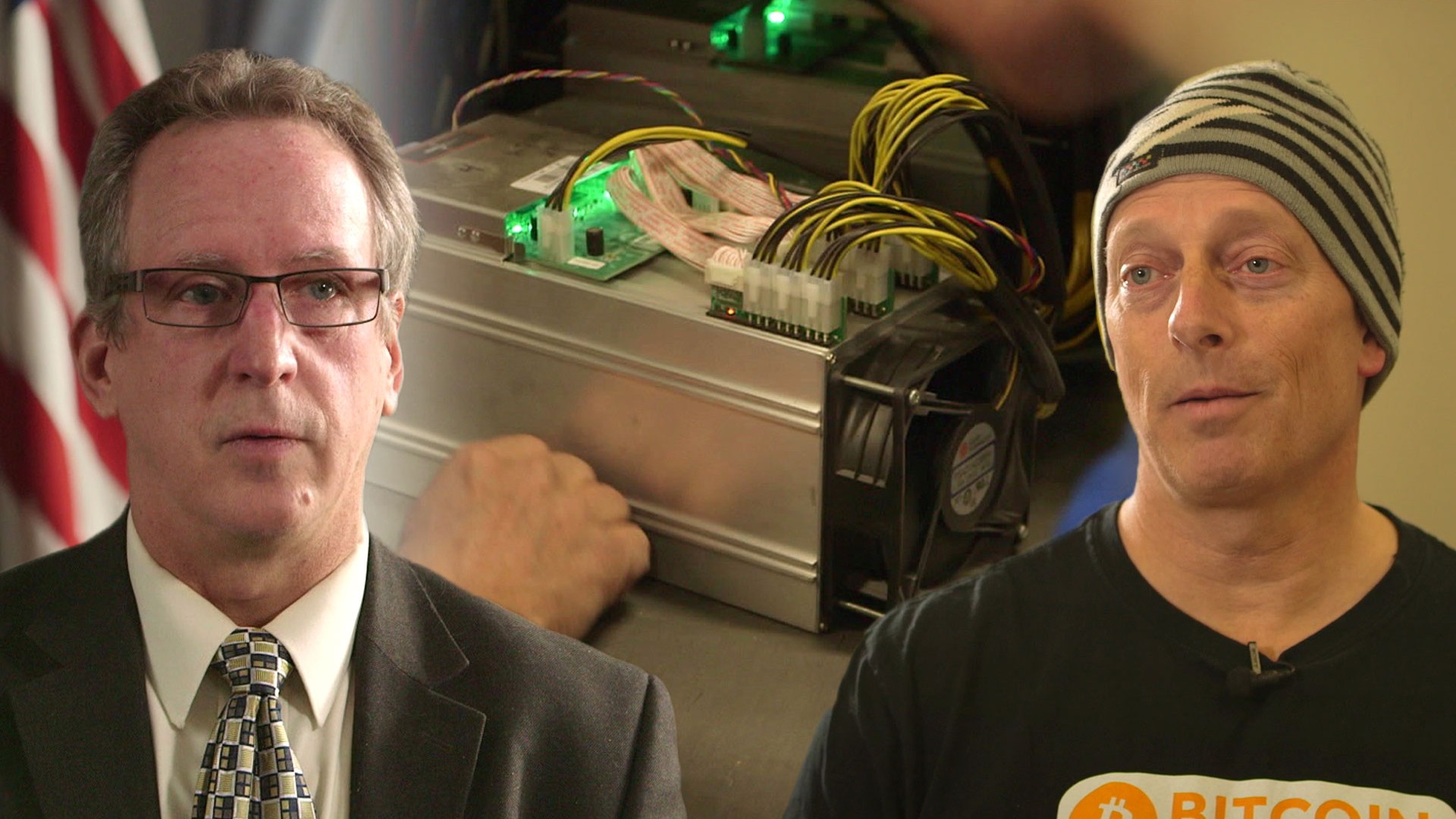A pair of women ride a LimeBike scooter. Photo by the author
The Bay Area serves as America’s sandbox. The tech world’s most far-fetched ideas are often sketched and tested here, and if they’re successful, they’ll spread throughout the country. The latest trend to materialize here is motorized scooters you can rent through an app. Thanks to a number of scooter share startup launches, there are now a few distinct brands of these app-supported two-wheelers scattered throughout the city—Bird, Spin, and LimeBike—and if that sounds ridiculous to you, you’re not alone.It’s the classic Silicon Valley fairy tale: A few companies raise hundreds of millions of dollars, cover the city with their products, people get very annoyed at them, and the city scrambles to update regulations in response.We’re near the logical conclusion of this particular tale, with the city of San Francisco trying to catch up with the trend by passing legislation governing the scooters. One of the motorized scooter companies, Bird, responded to a rumor of impending scooter ban with an aggressive statement that stressed the importance of “listening to the people.” So tensions are running pretty high right now, and there’s a great deal at stake: The three companies with operational motorized scooter shares in San Francisco have raised a combined total of of $256 million. The majority of this cash has gone to Bird ($115 million) and LimeBike ($132 million), while Spin has raised a relatively paltry $8 million.To start a scooter sharing business, you first need to flood a city with motorized scooters. Users can find the nearest available scooter on an app, unlock it by scanning it with their phone, ride the scooter somewhere, and then simply leave it parked on the sidewalk—like Seattle’s bike-sharing program, you don’t need to return the vehicle to a station to dock it.

When these scooters appeared, there were no regulations to govern them (though city officials were working on rules when LimeBike and Bird launched their services), forcing local governments to figure out a way to react to this latest “disruption” after the fact.That disruption has resulted in plenty of complaints. The new scooter phenomenon was called “Wheelmageddon” in a story in Vanity Fair filled with angry quotes about scooters left carelessly for people to trip over and people riding the machines carelessly on crowded sidewalks. (Though they are illegal to ride without a helmet or on the sidewalk, it’s common to see the scooters used in exactly this way.) San Franciscans have taken to Twitter to rage against scooter users and the ubiquity of the machines. “Dockless scooters break California vehicle codes without penalty,” declared an April press release from the pedestrian advocacy group Walk SF that described a 63-year-old tripping over a scooter and having to go to the emergency room. The group has also started documenting instances of motorized scooters violating or obstructing pedestrian walkways on its Facebook page.“Right now, what we're seeing is people riding the scooters on the sidewalks more than anywhere else, and that's not legal in the state of California,” said Cathy DeLuca, the policy and program director for Walk SF. “This really fast infiltration of a vehicle, a motorized vehicle that's being used on sidewalks, we're really concerned about that.”This kind of grassroots anger often follows ridesharing apps: In Seattle, bikes have been stolen, hurled from bridges, and chucked into lakes.These scooters do fill a need, however. Paul Mackie, the director of research and communications for Mobility Lab, a research center focused on transportation, told me the demand for these scooters, coupled with the runaway success of ridesharing apps, “shows that there is pent-up demand for something other than the personal car. It also shows that more traditional transit like buses and subways are not doing enough to satisfy that demand.”Every San Franciscan knows that short journeys on MUNI trains and busses can often be an inefficient ordeal. As a result, “last mile” transportation options are constantly appearing in San Francisco, especially on Market Street. Examples include the motorized longboard, a balance board with a wheel in the middle, the caveman-era analog bicycle, and now motorized scooters.But politicians can't ignore the problems these scooters have caused. On April 9, San Francisco City Attorney Dennis Herrera’s office told the San Francisco Chronicle it is “examining all of our legal options to protect the more than 1 million people who use San Francisco’s sidewalks every day.”A company launching into severe backlash happens on a near quarterly schedule for Silicon Valley, though some have been more remarkable than others. Bodega, a startup that aimed to create stores that could function without a staff, launched to a harmony of boos, in part for the culturally tone-deaf name, in part over because to many, it sounded a lot like a vending machine. Juicero, the maker of the $700 juicer, and went out of business after it was exposed to be an expensive bag-squeezing contraption. The company Dog Parker, which built sidewalk crates you could leave a dog inside, was ridiculed for being, in the Outline’s words, a “startup dog prison.” The MIT Technology Review recently reported on companies that claim they can to predict IQ based on DNA samples, which in turn could be used to make education decisions for children—a service critics have described as a modern application of eugenics. And the biggest tech companies, from Uber to Facebook to Airbnb, have faced outrage and condemnation on a national scale, albeit only after they had established themselves as powerful enough to weather a few controversies.The scooter apps don’t have that kind of power, and their flouting of regulations is on a smaller scale than what Uber, for instance, has done. Basically, they’re gambling that any fines they incur will be offset by an influx of VC funding.Case in point: The city of Santa Monica sued the Bird scooter company for illegally operating in December, three months after it launched, and Bird settled in February for $300,000. That same month, the company announced a $15 million round of funding, followed by a $100 million round in March.On March 27, TechCrunch reported the SFMTA is hoping to push through legislation to regulate scooter shares by creating a scooter share-specific permit and fine structure. Once SFPD enforces and cites scooter riders, the number of tickets for scooter-sharers will surely increase, since ticketing for scooter riding doesn’t currently appear to be a priority. Earlier this week, I asked two SFPD officers patrolling by the Civic Center station if they’d ticketed any sidewalk-riding scooter riders. Both said they’d never seen anyone get ticketed, and both declined to provide their names. Another officer who declined to give her name told me the scooters “didn’t seem safe.”The companies don't seem to be in agreement about how to respond to more enforcement and regulation. Bird recently pledged to provide the cities in which it operates $1 per scooter per day as a way to share revenue with the city, and asked the other scooter share companies to sign on. However, when a $1 per bike per day fee was proposed in Dallas for bike shares, LimeBike argued it was “unsustainable.”Many startups have been fined by governments (see Facebook, Google, Zenefits, Airbnb, Lyft, Uber, etc.), but few have been wiped out by regulation. What tends to kill services like scooter shares is that after the novelty of the new has worn off, people decide that they aren’t really that useful. It’s unclear whether scooter sharing will become popular before it gets fined, regulated, or hate-tweeted into obsolescence. Barring any groundbreaking legislation, these companies have hundreds of millions of dollars worth of runway before we find out.
Sign up for our newsletter to get the best of VICE delivered to your inbox daily.
Advertisement

When these scooters appeared, there were no regulations to govern them (though city officials were working on rules when LimeBike and Bird launched their services), forcing local governments to figure out a way to react to this latest “disruption” after the fact.
Advertisement
Advertisement
Advertisement
